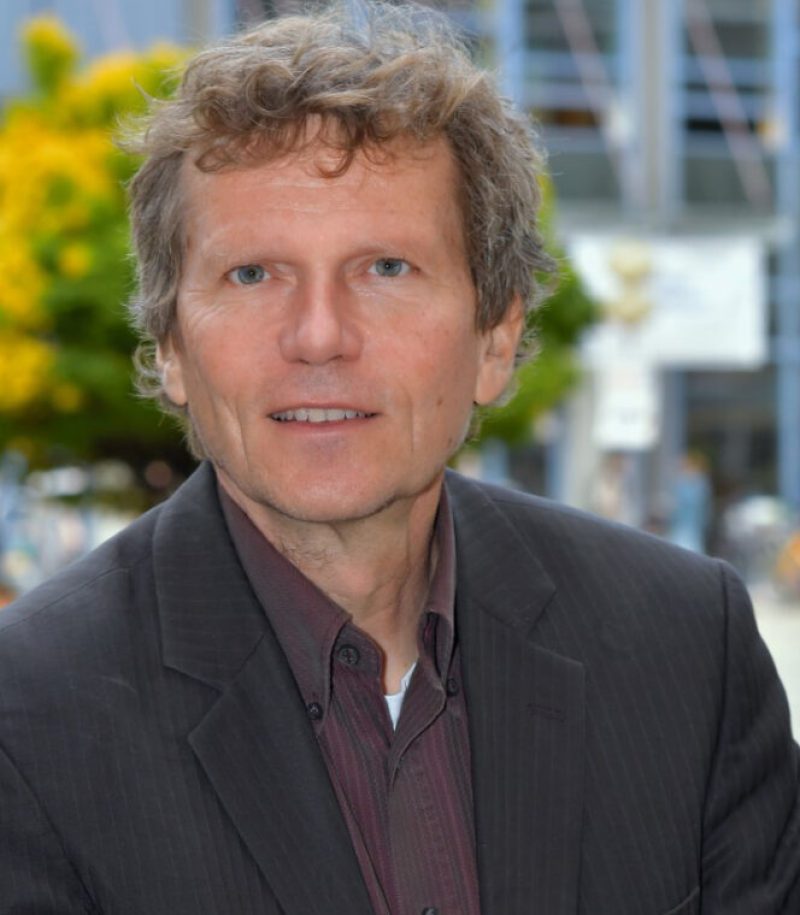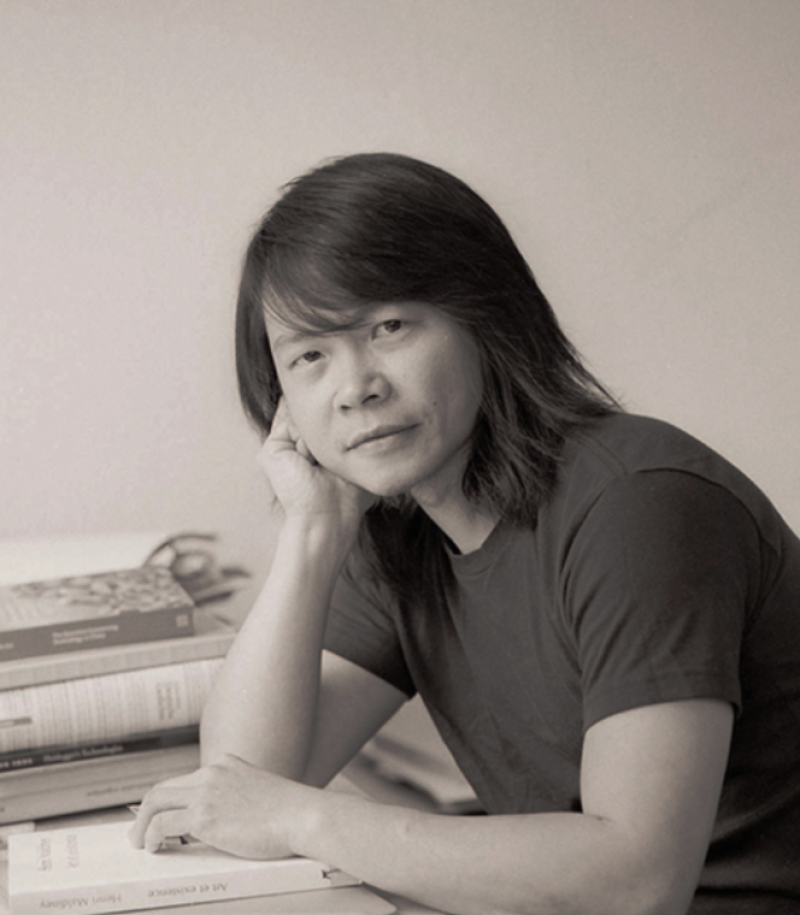La irrupción tecnológica, que hoy vive un proceso de aceleración sin precedentes, ha llevado a reformularlo todo. Es legítimo preguntarse si las formas de vida, que están siendo modificadas por el control cibernético, la relación con el trabajo, los medios de producción, el acuciante problema ecológico, también el demográfico, son refractarios al sentido de la ética, que es el cimiento de toda sociedad.







